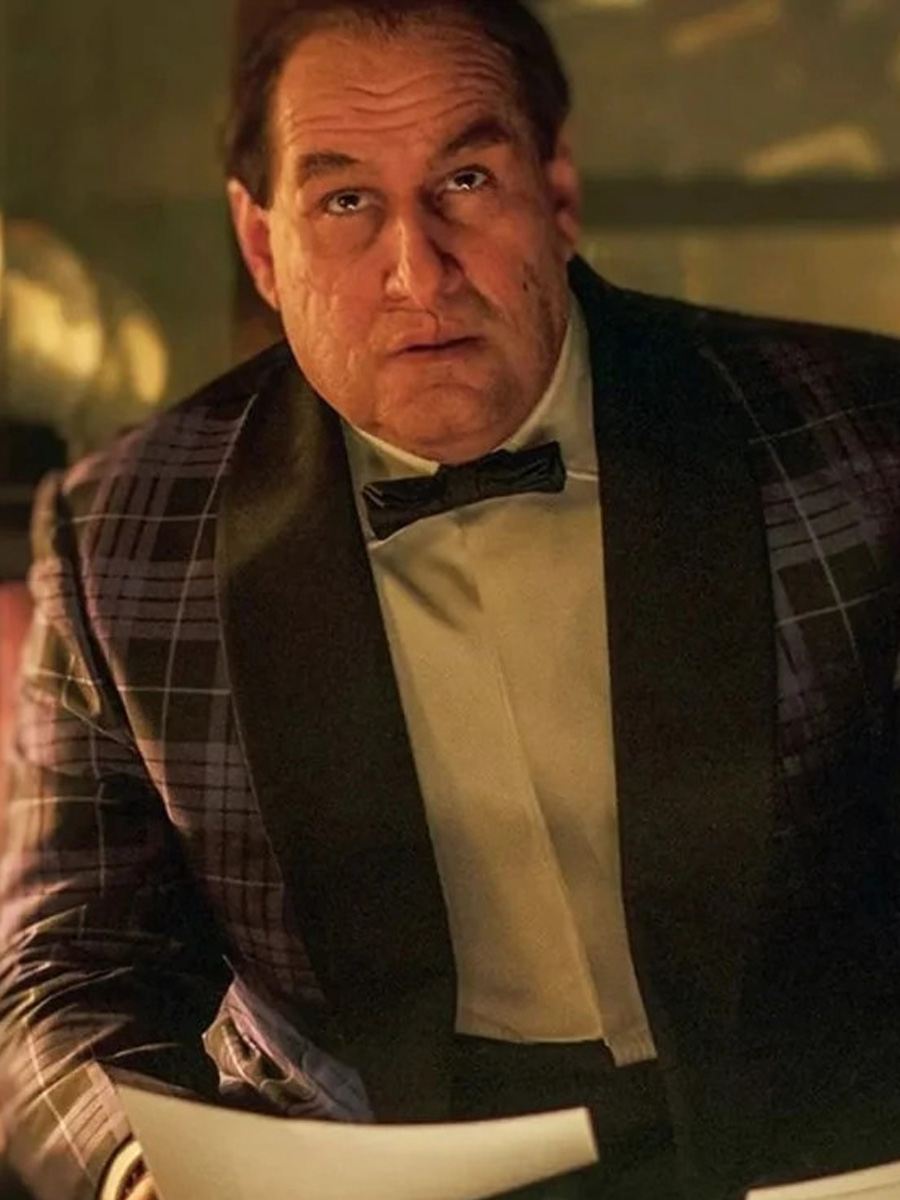If there was one change President Barack Obama actually brought to this country, it is a change in how the media portrays our first-in-command, and not necessarily because he’s doing an ‘A+’ job. For the first time in a long time – or at least as long as I can remember – features on our president are light-hearted and portray hope instead of failure. Kids want to grow up to become the president again, and the president’s face grins on posters and window clings in homes, not black T-shirts that read “Not my president.”
Obviously his brilliantly run campaign had something to do with Obama’s media portrayal and his wave of support, but has the media itself changed in the way it covers politics? Despite Obama’s declining approval ratings and his failure to do just about anything so far in office, he still has managed to win a Nobel Peace Prize and his fun family life is still a staple of media coverage. The guy’s not doing all that bad for not doing all that well.
It seems we’ve a reached a point where elected officials have gained rockstar status. A quick glimpse on any given news Web site or even music magazine might indicate that we care more about what our president named his dog than his foreign policy. In some cases, it appears that we are far more interested in what our leaders are doing in the bedroom than what they are doing to make life better in America.
Not only that, but our insatiable lust for scandal coverage would also lead one to conclude there has been so much scandal in American politics that it is old news; we no longer look at these scandals as distractions that could prevent a government official from properly doing their job. We also don’t seem to take into consideration how ridiculous we must look to outsiders.
Probably the best recent example is the AP and GQ’s coverage of John Edward’s baby-mama dilemma. While perusing news sites the other day I stumbled across the headline “Edward’s mistress didn’t want him to run for president.” The first questions that came to mind were, ‘Wait, people still care about John Edwards?’ ‘Who cares if his mistress didn’t want him to run for president?’ and finally, after clicking on the story and seeing a picture of his mistress, Rielle Hunter, and their daughter laying on a bed, Hunter’s trim stomach basking in the rays of a flashbulb, I wondered why this mistress of a presidential candidate gets a glamour shot to accompany a ‘news’ article. As I read on I would find out that Hunter’s credentials basically consist of getting knocked up by a candidate and doing video production for a losing presidential campaign . hardly worthy of this kind of press. Anyone could do that right? What was most disturbing is the way the ‘reporter’ seemed to hang on Hunter’s every word, using this young, sexy thing to feed the American public each tasty morsel of scandal bite by bite. One final question popped into my head as I read the article . ‘Why am I reading this?’
The American press’ recent political coverage raises an ancient question in the world of journalism. And that is, do we, as members of the press, give people the news we think they need, or do we give them exactly what they want – and make money – no matter how ridiculous the content? The answer is not an easy one. With newspapers across the country laying off employees left and right and penny pinching like there’s no tomorrow, editors unfortunately have to cater directly to readers to make that increasingly important buck. However, as a journalism student, it is hard to choke down the thought going into a field where political reporters have become nothing more than a public relations pipeline to further the careers of already rich, corrupt politicians.
As readers, viewers and listeners, we ultimately decide much of what will be covered by media. As consumers of the media, we must demand content that furthers our society, has the largest impact on our daily lives and does the exact opposite of the AP story about Edwards – and that is hold our elected officials or people that could have potentially run our country to standards instead of turning them into worthless pop icons.
Hanson is a senior print journalism major and a chief copy editor for The Spectator.






